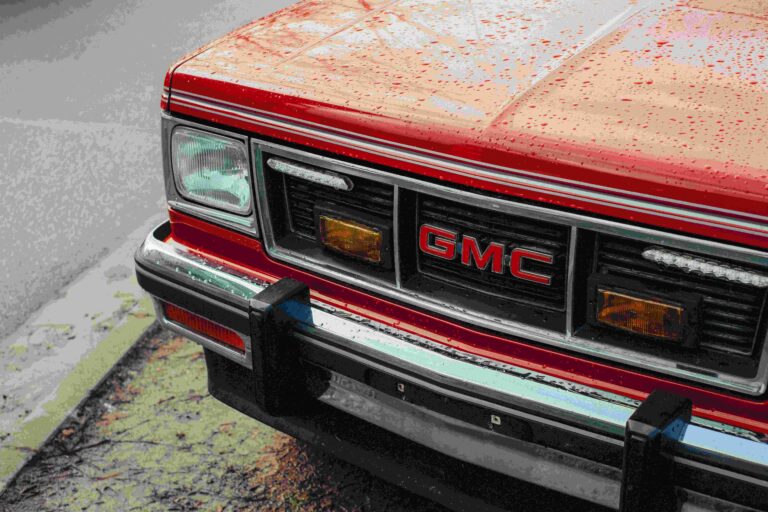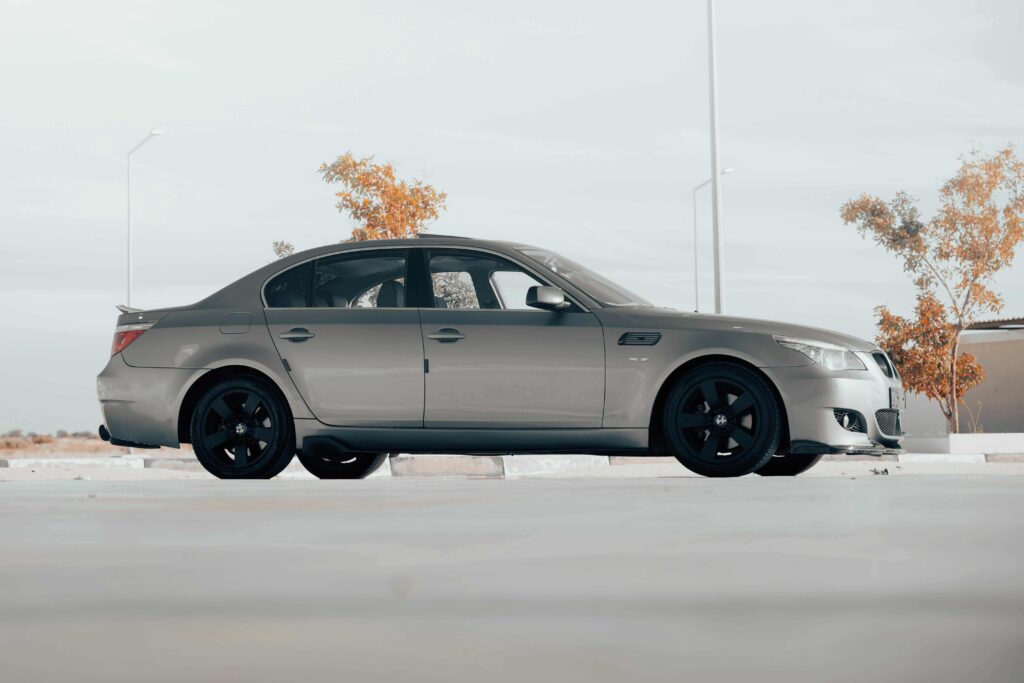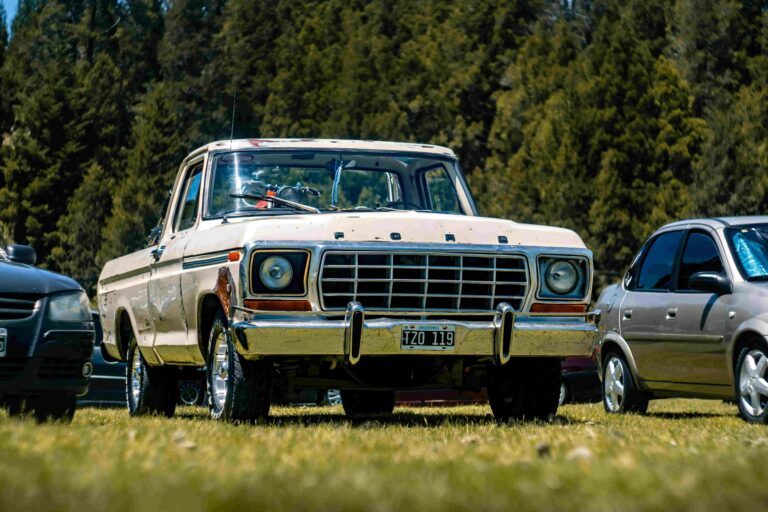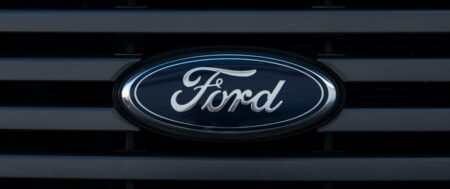11 Advantages of Buying a Used Car
The advantages of buying a used car from No Fighting Titan Group offer numerous advantages worth considering. Firstly, it presents a more affordable option compared to purchasing a brand-new vehicle, allowing buyers to stretch their budget further or opt for a higher-end model within their price range.
Additionally, a used car often comes with lower insurance premiums and depreciation rates, providing long-term savings as compared to a new vehicle. With a wider selection available on the market, buyers have the opportunity to find a model that suits their specific needs and preferences. Moreover, many used cars still offer modern features and technology, ensuring a satisfying driving experience without the hefty price tag of new vehicles.

Pros of Buying a Used Car (Advantages)
Buying certified pre-owned cars can offer a range of benefits that make it a more practical and cost-effective choice for many consumers than buying a new car.
Let’s delve into the numerous advantages of purchasing a used vehicle:

Cost Savings
One of the most compelling reasons to buy a used vehicle is the significant cost savings compared to purchasing a new one. Used cars generally come with a lower price tag, allowing buyers to get more value for their money. This is particularly advantageous for those on a tight budget or looking to save money on their brand-new car.
Depreciation
New cars experience rapid depreciation in value during the first few years of ownership. By buying a used car, you avoid the steep depreciation curve that new cars undergo. This means that the value of the used car is likely to remain stable over time, potentially resulting in a smaller financial loss if you decide to sell the car in the future.
Lower Insurance Costs
Insurance premiums for used cars are typically lower than those for new cars and have comprehensive coverage. Since the value of a used car is lower than that of a new car, insurance companies usually charge lower premiums to insure them. This can result in significant savings on your annual insurance costs, making a used car a more affordable option in the long run.
More Car for Your Money
With the money saved by purchasing a used car, buyers can often afford a higher-end or more feature-rich model than they would if buying a new one. This means you can enjoy additional amenities, such as premium audio systems, advanced safety features, or luxury upgrades, for only a few hundred dollars, which might be out of reach when buying new.
Certified Pre-Owned Programs
Many brand-new cars offer certified pre-owned (CPO) programs for their certified pre-owned vehicles. These programs involve rigorous inspections and refurbishments to ensure that the cars meet high-quality standards. CPO cars often come with extended warranties and additional benefits, providing buyers with extra peace of mind when purchasing a used vehicle.
Reduced Registration Fees
In many places, for auto loans, the cost of registering new and used vehicles is based on their purchase price or their current market value. Since used cars have a lower market value than new cars, the registration fees for used cars are often lower. This can result in additional savings for buyers, especially in areas with high registration fees.

Avoiding Initial Quality Issues
New cars often experience initial quality issues, or “teething problems,” as manufacturers work out any bugs or defects in the design or production process. By purchasing a used car that is a few years old, you can potentially avoid these early issues since they would likely have been addressed by previous owners or through manufacturer recalls.
More information is available
When buying a certified pre-owned vehicle, there is usually more information available about the vehicle’s reliability, performance, and owner satisfaction compared to a brand-new model. This wealth of information can help buyers make informed decisions and choose a used car that meets their specific needs and preferences.
Lower Financing Costs
Financing a used car purchase with an extended warranty often comes with lower interest rates and hidden fees as compared to financing a new car. Since the purchase price of a used car is lower, the amount financed is also lower, resulting in lower monthly payments and less interest paid over the life of the loan.
Less Stressful Ownership
With a used car, there is often less stress associated with ownership compared to a new car. Minor dings, scratches, and wear and tear are to be expected on a used vehicle, so owners may feel less anxious about maintaining the car in pristine condition compared to a brand-new model.
Sustainable Choice
Opting for a used car can also be seen as a more environmentally friendly choice. By extending the lifespan of a vehicle through second-hand ownership, you’re reducing the demand for new cars, which in turn reduces the environmental impact associated with manufacturing and transporting new vehicles.
Buying a used car offers a multitude of advantages, including cost savings, lower depreciation, reduced insurance costs, and the ability to afford a higher-end model or additional features.
With certified pre-owned programs, lower registration fees, and access to more information about the vehicle’s history and performance, purchasing a used car can be a smart and practical choice for many consumers.
Additionally, the reduced stress of ownership, checking of cars by factory-trained technicians, and environmental benefits further enhance the appeal of buying a used car.
Call Now For Pre-Qualification Info
How Buying Used Will Save Your Money
Buying a used car can be a savvy financial decision with several compelling reasons that showcase its money-saving benefits. Here are some key points to consider:

Lower Purchase Price
One of the most apparent advantages of buying a used car is its lower initial cost compared to a brand-new one. New cars start depreciating the moment they’re driven off the lot, losing a significant portion of their value within the first few years. By purchasing a used car, with hidden fees, you can avoid this initial depreciation hit and acquire a vehicle that has already undergone its steepest depreciation curve. This means you’ll pay a lower purchase price, enabling you to save a substantial amount of money upfront.
Reduced Depreciation
Depreciation is a significant expense associated with car ownership. New cars typically lose around 20% of their value within the first year and continue to depreciate at a rate of 10% or more each subsequent year. However, the depreciation rate slows down as the car ages. By purchasing a used car that has already experienced the bulk of its depreciation, you can minimize the financial impact of depreciation and potentially retain more of your investment’s value over time.
Lower Insurance Costs
Insurance premiums for used cars are generally lower than those for new cars. The cost to insure a vehicle is based on its value, among other factors. Since used cars have a lower market value than new ones, they typically come with lower insurance premiums and collision coverage. Additionally, used vehicles offered by car forums may qualify for lower coverage levels or be eligible for discounts, further reducing insurance costs and saving you money over the life of the vehicle.
Lower registration fees and taxes
In many regions, the registration fees and taxes associated with owning a car are based on its purchase price or current market value. Since used and hybrid vehicles have a lower value than new ones, the documentation fees and taxes you’ll pay for a used car are generally lower. This translates to immediate savings when registering your vehicle and can contribute to the overall cost-effectiveness of buying used.
Opportunity to Avoid Additional Fees
New cars often come with various additional fees, such as destination charges, dealer preparation fees, and advertising fees, which can significantly inflate the purchase price. When buying a used car, you have the opportunity to negotiate these fees to lower costs or avoid them altogether, saving you money on unnecessary expenses that are commonly associated with new car purchases.

Avoiding New Car Markup
Dealerships often mark up the prices of new cars to cover their overhead costs and profit margins. This markup can add thousands of dollars to the purchase price of a new car, making it a less cost-effective option compared to buying used. By purchasing a used car, you can avoid this markup and negotiate a fair price based on the vehicle’s actual value, ultimately saving you money and lowering costs.
More Affordable Financing Options
Financing a used car with roadside assistance features may come with more affordable options compared to financing a new car. Since used cars have lower purchase prices in the first year of purchase, the loan amounts required to finance them are also lower. This can result in lower monthly payments and reduced interest costs over the life of the loan, providing additional savings for used car buyers.
Potential for Negotiation
In the opinion of most people, used car prices are often negotiable, allowing buyers to haggle and secure a better deal. Unlike new cars with set manufacturer’s prices, the prices of used cars can vary based on factors such as condition, mileage, and market demand. This flexibility in the car purchase deal gives buyers an advantage in negotiating a lower purchase price, further increasing their savings when buying used.
In short, buying a used car offers multiple avenues for saving money, including lower purchase prices, reduced depreciation, lower insurance costs, decreased registration fees and taxes, the avoidance of additional fees and markups, more affordable financing options, and the potential for negotiation.
By considering these factors, consumers can make a financially sound decision that aligns with their budget and long-term financial goals.
Call Now For Pre-Qualification Info
Should You Buy a Used Car
If you want to decide whether to buy a used car, ultimately, it depends on your individual circumstances, preferences, and priorities.
While there are numerous advantages to purchasing a used car, it’s essential to weigh these against potential drawbacks of buying used car and consider factors that are specific to your situation.
Here are some key considerations to help you determine if buying a used car is the right choice for you:

Budget
If you’re working within a limited budget or seeking to minimize your upfront expenses, buying a used car can be a sensible option. Used cars typically come with lower purchase prices and depreciation rates compared to new cars, allowing you to get more value for your money.
Value for money
Used cars offer the opportunity to purchase a higher-end model or a vehicle with more features for the same budget as a new car. By opting for a used car, you may be able to afford a vehicle that would otherwise be out of your price range if purchased new.
Depreciation Concerns
If you’re concerned about the rapid depreciation that new cars experience within the first few years of ownership, buying a used car can mitigate this issue. Used cars have already undergone less depreciation, so you won’t experience as steep of a decline in value during your ownership.
Insurance and Financing
Used cars often come with lower insurance rates and premiums and may offer more affordable financing options compared to new cars. If you’re looking to save money on insurance and financing costs, a used car could be a suitable choice.
Vehicle History and Condition
Before purchasing a used car, it’s crucial to thoroughly inspect more reviews and check the vehicle’s history and condition. Consider obtaining a vehicle history report, having the car inspected by a trusted mechanic, and test-driving it to assess its performance. Being diligent about evaluating the vehicle’s condition can help you avoid potential maintenance or repair costs down the line.
Warranty and Protection
While new cars typically come with manufacturer warranties, used cars may not offer the same level of warranty coverage. However, many used cars are still covered by remaining factory warranties or certified pre-owned programs, providing some level of protection and peace of mind.
Ultimately, whether you should buy a used car depends on your priorities, financial considerations, and personal preferences.
By carefully evaluating the advantages and potential drawbacks, you can make an informed decision that aligns with your needs and circumstances.
Call Now For Pre-Qualification Info
FAQs
Are used cars reliable?
Yes, used cars can be reliable, depending on their maintenance history and condition.
Many used cars are well-maintained and offer dependable performance, especially if they have undergone regular servicing and care.
How much money can I save by buying a used car?
Buying a used car can save you thousands of dollars at a much slower rate compared to purchasing a new one. With lower purchase prices, reduced depreciation, and lower insurance premiums, the savings can be substantial over the vehicle’s lifespan.
Do used cars come with warranties?
While not all used cars come with warranties, many are still covered by remaining factory warranties or certified pre-owned programs, providing varying levels of protection and peace of mind.
Additionally, extended warranty services and options may be available for purchase to further safeguard your investment.
Conclusion
The advantages of buying a used car are numerous and compelling. From lower purchase prices and reduced depreciation to more affordable insurance premiums and registration fees, opting for a used car can lead to significant savings.
Additionally, the opportunity to afford higher-end models, flexible financing options, and the potential for negotiation further enhance the financial appeal of buying used. With proper research, inspection, and consideration of individual needs, buying a used car can offer excellent value for money, making it a practical and cost-effective choice for many consumers.






